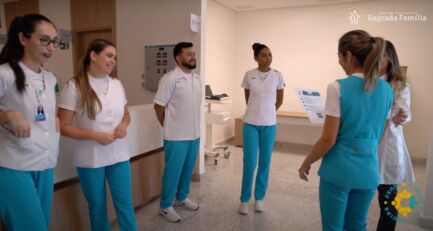 Dear Colleagues,
Dear Colleagues,
We have been thinking about how we can make it through the crazy marathon of life on planet earth in 2021. Disruption is everywhere: health, climate, education, social change, politics.
Facing what will likely be another tough year, how do we support and sustain ourselves and each other? We realized that what we practice and teach is perhaps what society, and individuals need most right now. Imagine a society in which we are curious about and listen to each other, seek to understand different perspectives. A society in which we blend reflection, inquiry and advocacy.
We’ve recommitted ourselves to our core values:
- Practicing and helping others build skill in high quality dialogue, creating conversations in which people of differing perspectives can listen to each other;
- Treating others with high regard, caring attention, compassion, curiosity and respect;
Assuming the best of others and agreeing to hold each other to high standards
So, how do we go forward in the difficult year of rebuilding ahead? We will be focusing on resilience—ours and yours. Most of us are tired, more tired than perhaps we’ve ever been. It’s imperative that we purposely embrace psychological care for ourselves and reach out to offer that to others.
As applied learning and psychological safety geeks, here is what we believe works:
- “Sustained work effort requires psychological well-being, which is supported by many factors including opportunities to contribute to solutions, learn and share in teams, and support one’s colleagues.
- Psychological safety—the perception that the environment is safe for interpersonal risk taking— promotes effective team behaviors such as asking for help, speaking up, and sharing ideas.
- Communication that is timely, frequent, and focused on problem-solving builds mutual respect and clarifies shared goals in a way that improves coordination and clinical outcomes.
- High quality feedback is critical to improving complex teams and their output. Healthcare cultures are not static but are iteratively created, changed, and sustained by the “normal” micro conversations and actions of organizational life.”
(Excerpted from: Laura K. Rock, MD, Jenny W. Rudolph, PhD, Mary K. Fey, PhD, RN, CHSE-A, ANEF, Demian Szyld, MD, EdM, Roxane Gardner, MD, MSHPEd, DSc, Rebecca D. Minehart, MD, MSHPEd, Jo Shapiro, MD, FACS & Chris Roussin, PhD, “Circle Up”: Workflow Adaptation and Psychological Support via Briefing, Debriefing, and Peer Support, New England Journal of Medicine, Catalyst, Sept.) https://catalyst.nejm.org/doi/full/10.1056/CAT.20.0240
Please let us know how you are doing! We are here at info@harvardmedsim.org
With warm regards,
The CMS Team

